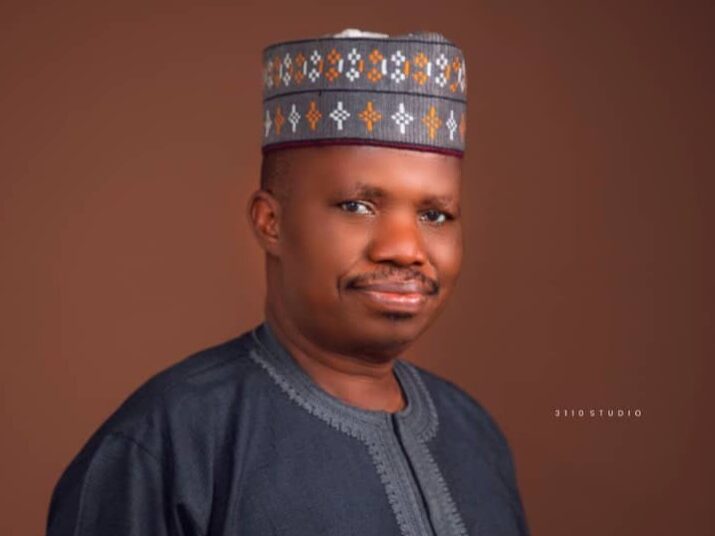Reliable geological study reports produced by the Nigerian Geological Survey Agency (NGSA) in the past four years are driving Foreign Direct Investments (FDIs) in the Nigerian mining sector, according to the Workstream lead, Mining and Extractives Workstream of the National Action Committee on the Implementation of African Continental Free Trade Area Agreement (AfCFTA), Engr Auwal Ibrahim Bununu.
Bununu, who spoke at the sidelines of the Mineral Clinic organised by the NGSA in Abuja, recently, also attributed improvements in the revenue generated by the sector to the reliable geodata made available by the NGSA.
He said the availability of geodata on some minerals was made possible by the National Integrated Mineral Exploration Project (NIMEP) of the federal government, which was supervised by the NGSA.
Discussing how NGSA geological reports impacted mining investments and helped to raise the revenue generated by the sector, Bununu, who is the technical adviser to the National Association of Chambers of Commerce, Industry, Mines and Agriculture (NACCIMA), stated: “It is because NGSA is able to provide reliable geological reports that the Mining Cadastre Office (MCO) and other agencies are welcoming more mining investors.”
The expert explained that dependable geological reports are necessary to win the confidence of investors, whom he said would not take the risk of investing where high returns on investments are not guaranteed.
‘More so, MCO must be commended for its reforms that make it easy for investors to access information and apply for mineral titles without difficulty,’ he added.
At the end of 2021, Bununu stated, the MCO published over 7,000 licences it had issued to prospective investors, just as he expressed concern that the absence of reserve estimate data made it difficult for some investors to engage in mining activities. He therefore commended the NGSA for addressing the problem.
“It is only after Dr. Abdulrazaq A. Garba–led management of the NGSA addressed challenges and generated reserve estimates that the narration began to change. This was one of the hidden challenges that prevented the mining boom, until the current management of NGSA came on board,” he explained.
According to him, “if Nigeria sustains the successes it recently recorded in attracting FDIs to the mining sector, the Nigerian Geological Survey Agency must not only uphold the current standard of geological reports, but must also embark on mineral exploration with regards to more minerals.”
Bununu described reliable geodata as the primary attraction for mining investment, stating that the ability of the NGSA to generate geoscience data and produce reliable feasibility reports led to an influx of foreign investors.
“Until about three or four years ago, there was no effective packaging of data that will attract investors. The NGSA has been able to package geological reports that are attracting investors by stating reserve estimates of respective mineral reserves, the quality of mineral reserve in a given licensed area, reliability of the reserve estimate, the appropriate mining design and environmental factors needed to safeguard the environment such as green mining. These are factors that will determine the response of investors to availability of data,” he added.
He however identified the country’s security challenges as issues that have continued to militate against mining boom.
“When you confirm a reserve in a particular cadastre area, you would be encouraged to solve other challenges because you are sure that the mineral is there in the quantity and quality that is stated by the report.
‘The investor is sure that his investment will yield the desired goals because the geological report is reliable and it is a source of confidence to him. Under such a circumstance, an investor would not hesitate to take a loan because he is not afraid since there is assurance based on the feasibility report.’
‘This is what NGSA worked towards for two years, and now it is beginning to yield desired results.”











